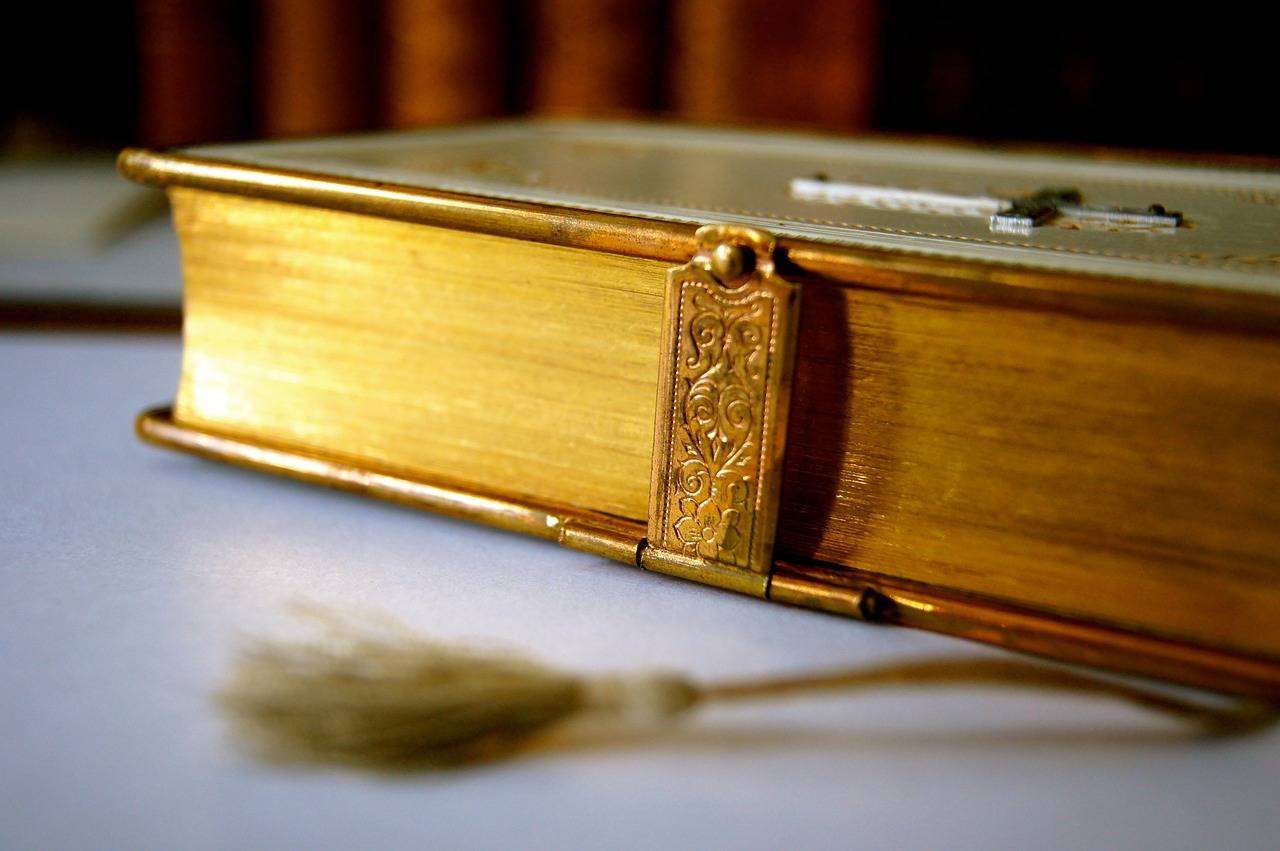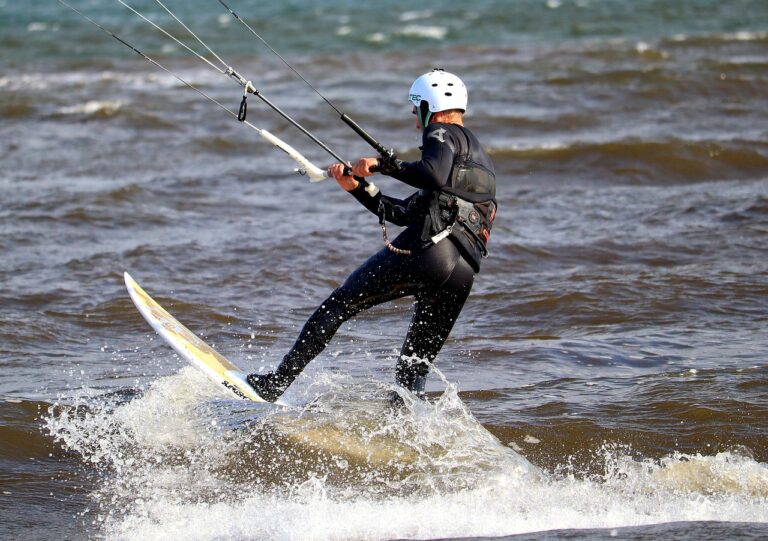The Impact of Educational Toys on Conflict Management: Allpannel, Lotus bhai, Allpaanel com mahadev book login
allpannel, lotus bhai, allpaanel com mahadev book login: Educational toys play a critical role in a child’s development by stimulating creativity, improving cognitive skills, and enhancing overall learning abilities. However, the impact of educational toys on conflict management is often overlooked. In this article, we will explore how educational toys can help children develop essential skills for managing conflicts effectively.
Building Social Skills
Educational toys, such as board games and puzzles, provide opportunities for children to interact with others, fostering social skills like communication, cooperation, and empathy. Through collaboration and teamwork, children learn how to express their thoughts and feelings, listen to others, and negotiate resolutions to conflicts that may arise during play. These social skills are crucial for managing conflicts in real-life situations.
Emotional Regulation
Educational toys can also help children develop emotional intelligence and self-regulation skills. By engaging in imaginative play with toys like dolls or action figures, children can role-play different scenarios and practice managing their emotions in response to various situations. Learning how to identify and express their feelings in a healthy way can prevent conflicts from escalating and teach children how to resolve disagreements peacefully.
Problem-Solving Skills
Many educational toys are designed to challenge children’s problem-solving abilities and critical thinking skills. Building blocks, construction sets, and STEM toys encourage children to think creatively and find innovative solutions to complex problems. By engaging in activities that require strategic thinking and planning, children can develop the skills needed to resolve conflicts effectively by considering multiple perspectives and finding mutually beneficial solutions.
Empathy and Perspective-Taking
Educational toys that promote storytelling and role-playing can help children develop empathy and perspective-taking skills. By stepping into different roles and imagining themselves in someone else’s shoes, children can gain a better understanding of others’ thoughts and feelings. This ability to see things from different perspectives can help children navigate conflicts by fostering empathy, promoting active listening, and fostering a sense of understanding and compassion towards others.
Communication and Conflict Resolution
Educational toys that require children to communicate effectively with one another can help them develop essential conflict resolution skills. Toys like cooperative board games or team-building activities encourage children to collaborate, listen to each other’s ideas, and work together towards a common goal. By practicing effective communication techniques and problem-solving strategies in a safe and supportive environment, children can learn how to navigate conflicts constructively and reach mutually satisfactory outcomes.
In conclusion, educational toys have a profound impact on children’s development of conflict management skills. By providing opportunities for social interaction, fostering emotional regulation, promoting problem-solving abilities, fostering empathy, and enhancing communication and conflict resolution skills, educational toys can empower children to manage conflicts effectively and build positive relationships with others.
FAQs:
Q: How can parents choose educational toys that promote conflict management skills?
A: Parents can look for toys that require cooperation, communication, and problem-solving among children, such as board games that promote teamwork or construction sets that encourage creative collaboration.
Q: At what age should children start playing with educational toys to develop conflict management skills?
A: Children can start playing with educational toys as early as infancy, with age-appropriate toys that promote social interaction, emotional regulation, and problem-solving skills. As children grow older, parents can introduce more complex toys that challenge their conflict management abilities.
Q: Are there specific types of educational toys that are best for teaching conflict management skills?
A: Educational toys that promote cooperative play, communication, empathy, and problem-solving are especially effective for teaching conflict management skills. Toys like board games, construction sets, and role-playing toys can help children develop essential abilities for resolving conflicts peacefully.
Q: How can educators incorporate educational toys into the classroom to teach conflict management?
A: Educators can use educational toys as tools for teaching conflict management skills by integrating them into lesson plans, group activities, and social-emotional learning programs. By creating a supportive and engaging learning environment that emphasizes cooperation, communication, and problem-solving, educators can help students develop essential conflict management skills from an early age.







